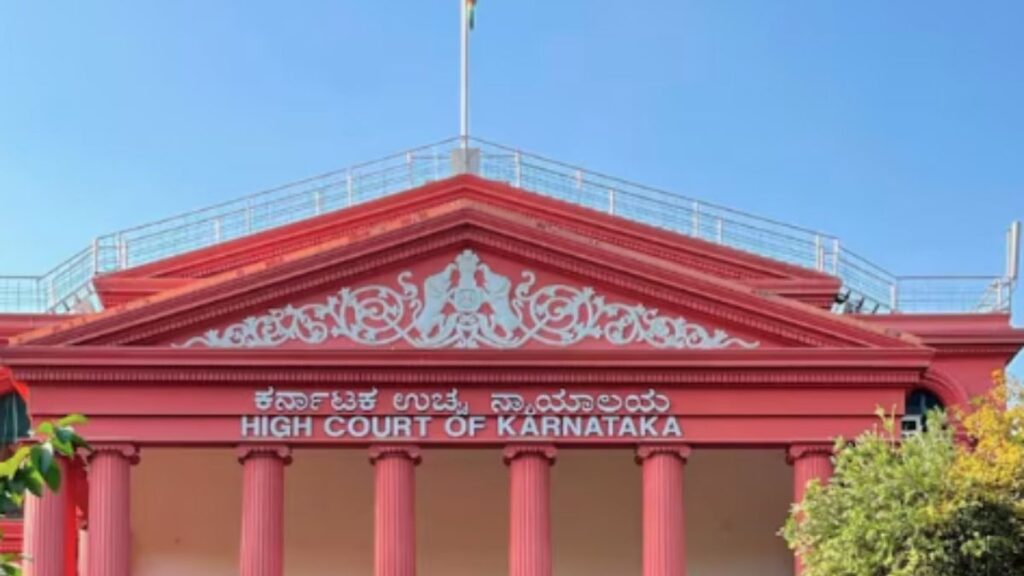Karnataka HC rejects police plea to match deceased woman’s fingerprints with Aadhaar; only live prints valid, other ID methods allowed
The Karnataka High Court has dismissed a petition filed by Bengaluru city police seeking permission to identify a deceased woman by matching her fingerprints with data held by the Unique Identification Authority of India (UIDAI). The court ruled that Aadhaar authentication requires live fingerprints and cannot be applied to those of a deceased individual due to technical limitations, privacy concerns, and security safeguards.
The case originated in 2023 when Byatarayanapura police recovered the body of a woman, aged between 25 and 30 years, from Vrushabhavathi Rajakaluve. With no leads to establish her identity, police approached UIDAI in early 2024, requesting fingerprint verification against Aadhaar records. UIDAI declined, citing restrictions under Section 33 of the Aadhaar Act, which prohibits disclosure of information without a High Court order.
Also Read: Bengaluru authority to tow and auction abandoned vehicles
Police argued that identification was critical for further investigation and reporting in the case. However, UIDAI, represented by the Deputy Solicitor General, maintained that fingerprints cannot be used to search the database for Aadhaar numbers, nor can Aadhaar numbers be used to trace corresponding fingerprints. Identification is possible only when both elements are available and linked during live authentication.
After reviewing submissions, the High Court upheld UIDAI’s position and dismissed the petition. The court, however, allowed police to pursueUODAI alternative methods to establish the woman’s identity. It directed that if an Aadhaar card belonging to the deceased is found, authorities must provide details of its usage to aid the investigation.

